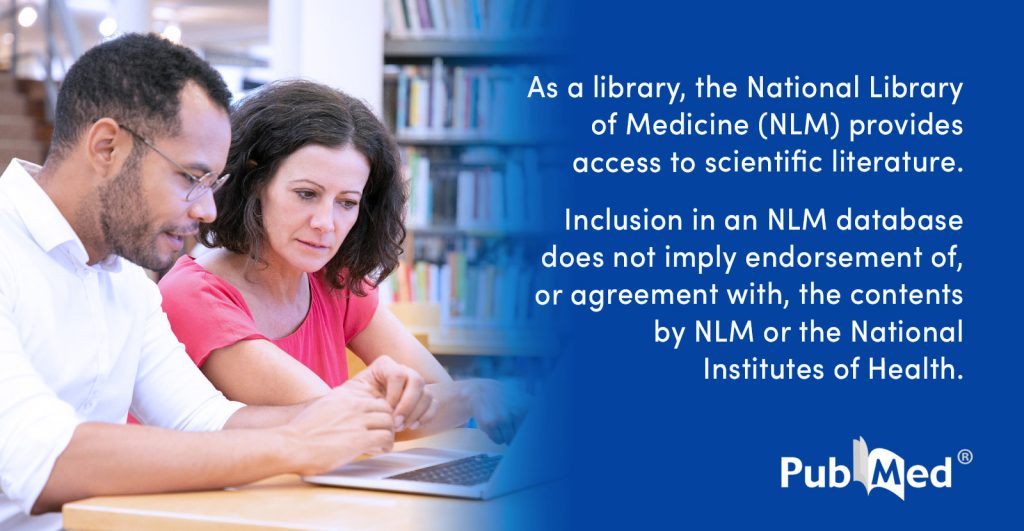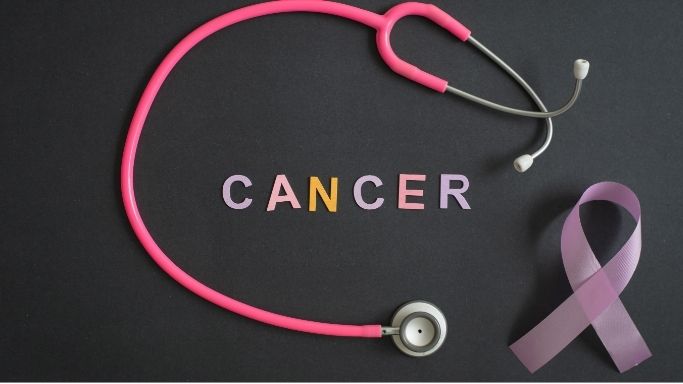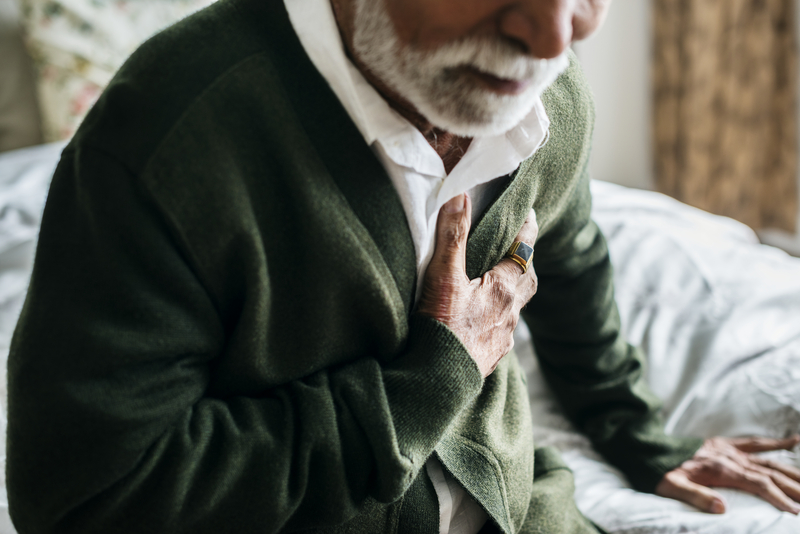Environment
‘All eyes on N.J.’ with new push to protect poor and minority communities from pollution
New rules to prevent pollution from spreading disproportionately into minority and low-income cities and towns around New Jersey are set to take ef...
Health and Human Services announces new office focused on the environmental risks to underserved communities
The new office will be led by interim director Sharunda Buchanan, a former official at the Centers for Disease Control specializing in environmenta...
South Asian countries must join hands on climate change: Statesman contributor
FLOOD
By straitstimes.com | 57 minutes ago
The writer says decarbonising t...
Pa.'s environmental justice policy gets revamped — and scrutinized | News
PITTSBURGH (TNS) — The state Department of Environmental Protection’s first update to its environmental justice policy in nearly 20 years is ...
Deadly Asian heat 'highly unlikely' without climate change
A blistering heat wave in India and Pakistan last month sent temperatures soaring above 120 degrees Fahrenheit, all before the summer had even kick...
Wild About Utah: Hispanic | UPR Utah Public Radio
This WAU is intended to honor a very special demographic in our state. We have labeled them Hispanic, or more recently Latinx. I was blessed in my ...
Trending Topics
Features
- Drive Toolkit
Download and distribute powerful vaccination QI resources for your community.
- Health Champions
Sign up now to support health equity and sustainable health outcomes in your community.
- Cancer Early Detection
MCED tests use a simple blood draw to screen for many kinds of cancer at once.
- PR
FYHN is a bridge connecting health information providers to BIPOC communities in a trusted environment.
- Medicare
Discover an honest look at our Medicare system.
- Alliance for Representative Clinical Trials
ARC was launched to create a network of community clinicians to diversify and bring clinical trials to communities of color and other communities that have been underrepresented.
- Reducing Patient Risk
The single most important purpose of our healthcare system is to reduce patient risk for an acute event.


















